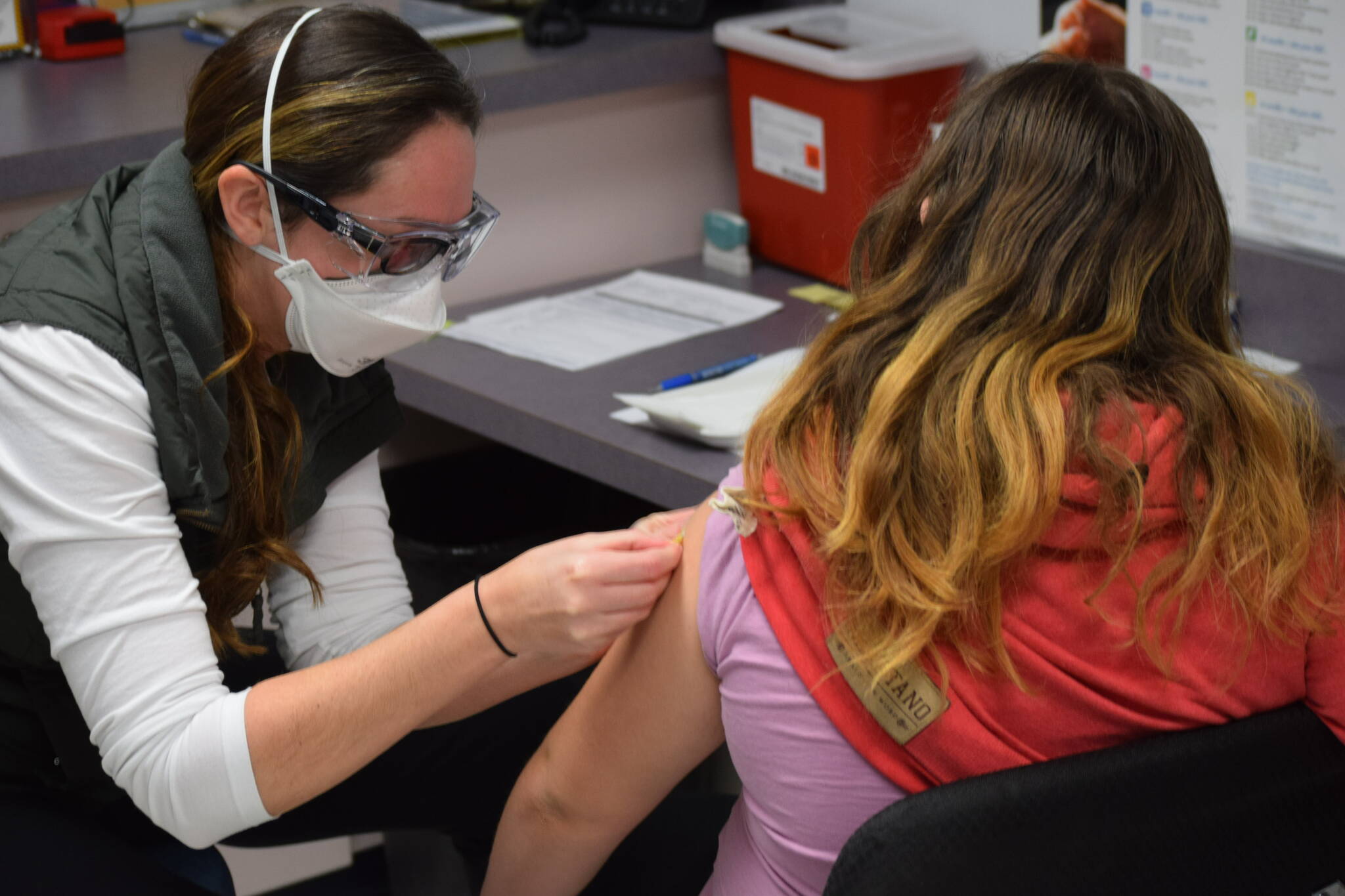By Dr. Patricia Clay
When the FDA approved COVID vaccines for children ages 5 to 11 in late October, I knew our clinic would quickly be inundated with parents anxious to get their little ones protected. As a pediatrician — and as a parent of a 4-year boy and a 2-year old girl — I hailed this medical news as a major step toward a chance at a return to normalcy.
But I also know that I’m practicing pediatrics at a time when misinformation abounds. For better or worse, and I would argue worse, ours is an era when reams of data and research from hallowed institutions such as the Mayo Clinic, the U.S. Centers for Disease Control and Prevention, and Johns Hopkins University — where I received my Master in Public Health — can be called into question by little more than a dubiously sourced YouTube video.
And I find that tremendously disheartening.
And yet, I want to believe that these are still the best of times.
I believe this because, in the face of an unprecedented pandemic, the world quickly and responsibly rose to the challenge and developed and tested lifesaving vaccines that are proving extremely safe and effective.
Now, of course, I fully understand parental concerns. Every parent who takes their toddler’s hand or pushes a stroller across the street to go to the park is on a constant state of high alert for any potential threat or danger. That’s the way we are wired.
So imagine how I felt when — during my son’s first week of pre-K — he contracted COVID. Or how I felt when my whole family subsequently tested positive in the two weeks following his positive test. I can assure you, I was anxious the entire time we remained in isolation.
Fortunately, none of us experienced severe symptoms or required hospitalization. Even so, weeks and weeks of isolation are no picnic for any of us. And they’re particularly difficult for young children whose grandmother lives just two doors away — as my kids are fortunate to have — and they’re unable to get her loving and nurturing hugs on a regular basis due to fear of spreading the virus to a more vulnerable family member.
So you can be assured that my son will be getting his COVID vaccine the very day he turns 5. His pediatrician — and his mother — will make sure of it.
I see the child vaccine as a much-needed layer of protection for our children against the realities of the world they’re living in today. Not unlike making sure your little one has a warm coat in winter time, making an appointment to have your child vaccinated is a sound parental decision that just makes good sense. Particularly when the chances of complications from COVID are substantially higher than complications from the vaccine.
I have seen scores of children who are growing up terrified of being in a room with an adult who isn’t their parent. I have seen children who do not yet know how to interact with their peers because they have been out of preschool or day care since March 2020. It will be years before we fully understand the long-term social implications being laid at the feet of our kids as the result of COVID. As a pediatrician and a parent, I’ll find it both fascinating and sad to learn more about these long-term effects.
The vaccine gives them a shot at catching up and living the lives they deserve and the lives we want for them. They’ve been dealt a significant set back in classroom education and development and we have a real chance at getting them back on track.
Of course, beyond the social costs are the economic costs. When a caregiver has extended periods of leave-without-pay due to COVID-driven shutdowns or COVID exposures, or is forced to work from home while also providing full-time child care, this affects the entire household and the long-term economic stability of that household.
So I want to see children and their parents who have yet to get vaccinated roll up their sleeves. I promise you, our communities will be healthier and stronger when they do. Let’s take Alaska into 2022 with renewed confidence in the efficacy of lifesaving vaccines.
Dr. Patricia Clay is an outpatient pediatrician who has practiced in Anchorage since 2016 and completed her pediatric training at Seattle Children’s Hospital.

